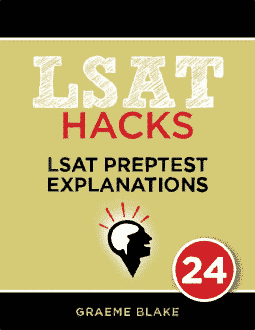QUESTION TEXT: Economist: In order to decide what to do about…
QUESTION TYPE: Flawed Reasoning
CONCLUSION: The ozone layer has a monetary value that can be calculated.
REASONING: We wouldn’t spend all the money we had to save the ozone layer, so it must be worth less than world GDP.
ANALYSIS: There are several flaws with this argument. First, we might be wrong about the value of the ozone layer. Maybe it’s so important that we should be willing to spend all of the world’s money to protect it. This could be done over time, and not all at once.
Second, it still might not be possible to calculate the value, even if we are right that it’s not worth all of our money. Even if we agree the ozone layer is worth more than zero and less than everything, how do we decide exactly how much it’s worth?
___________
- The economist didn’t say that all natural resources were worth less than world GDP. Maybe some are really, really valuable.
- The economist didn’t say we should avoid protecting the ozone layer. He’s just arguing we can set a price to determine how much protection is worth.
- Actually, everyone used value to mean the same thing: a definite price, in dollars.
- CORRECT. Just because you can say something isn’t worth $15 trillion dollars (roughly) doesn’t mean you can definitively calculate its value.
- Actually, the economist was directly addressing the environmentalists’ argument. The environmentalists said the ozone layer’s value couldn’t be calculated, and the economist disagreed with them.
Recap: The question begins with “Economist: In order to decide what to do about”. It is a Flawed Reasoning question. Learn how to master LSAT Flaw questions on the LSAT Logical Reasoning question types page.


Leave a Reply